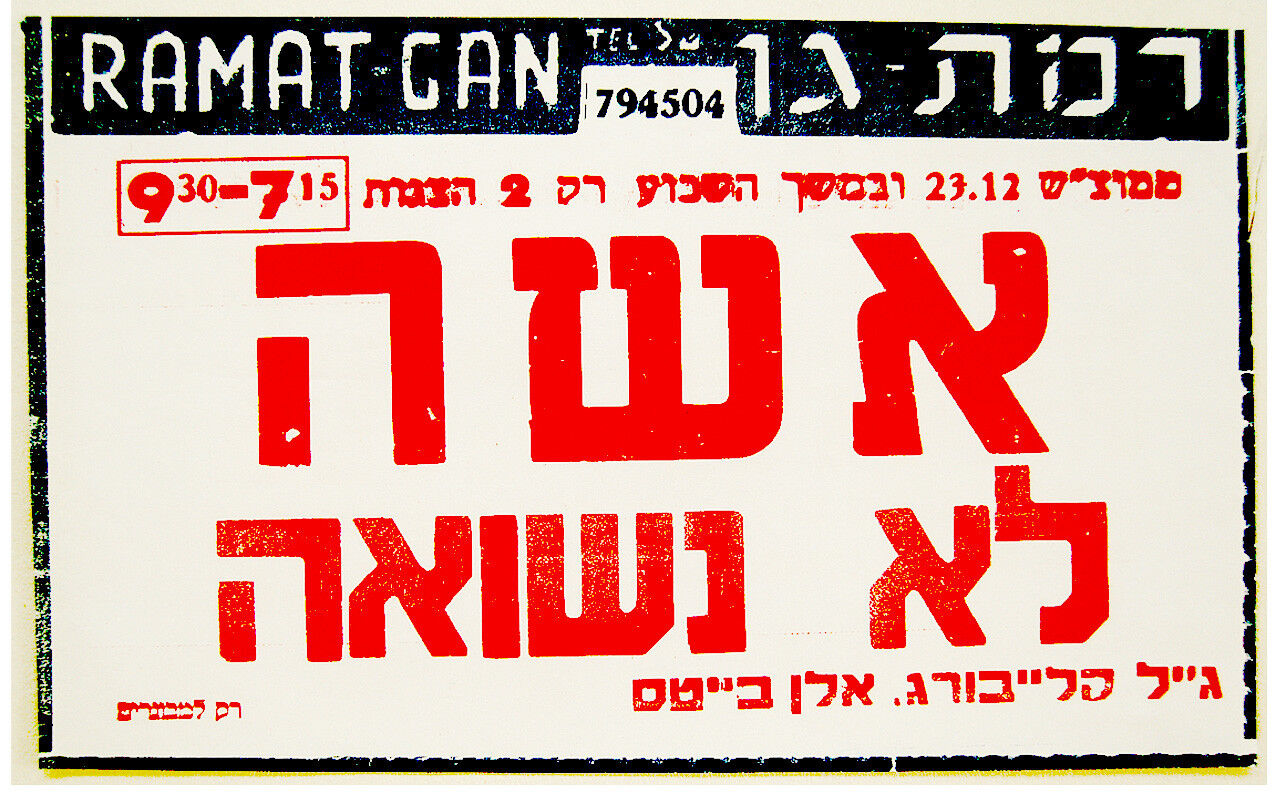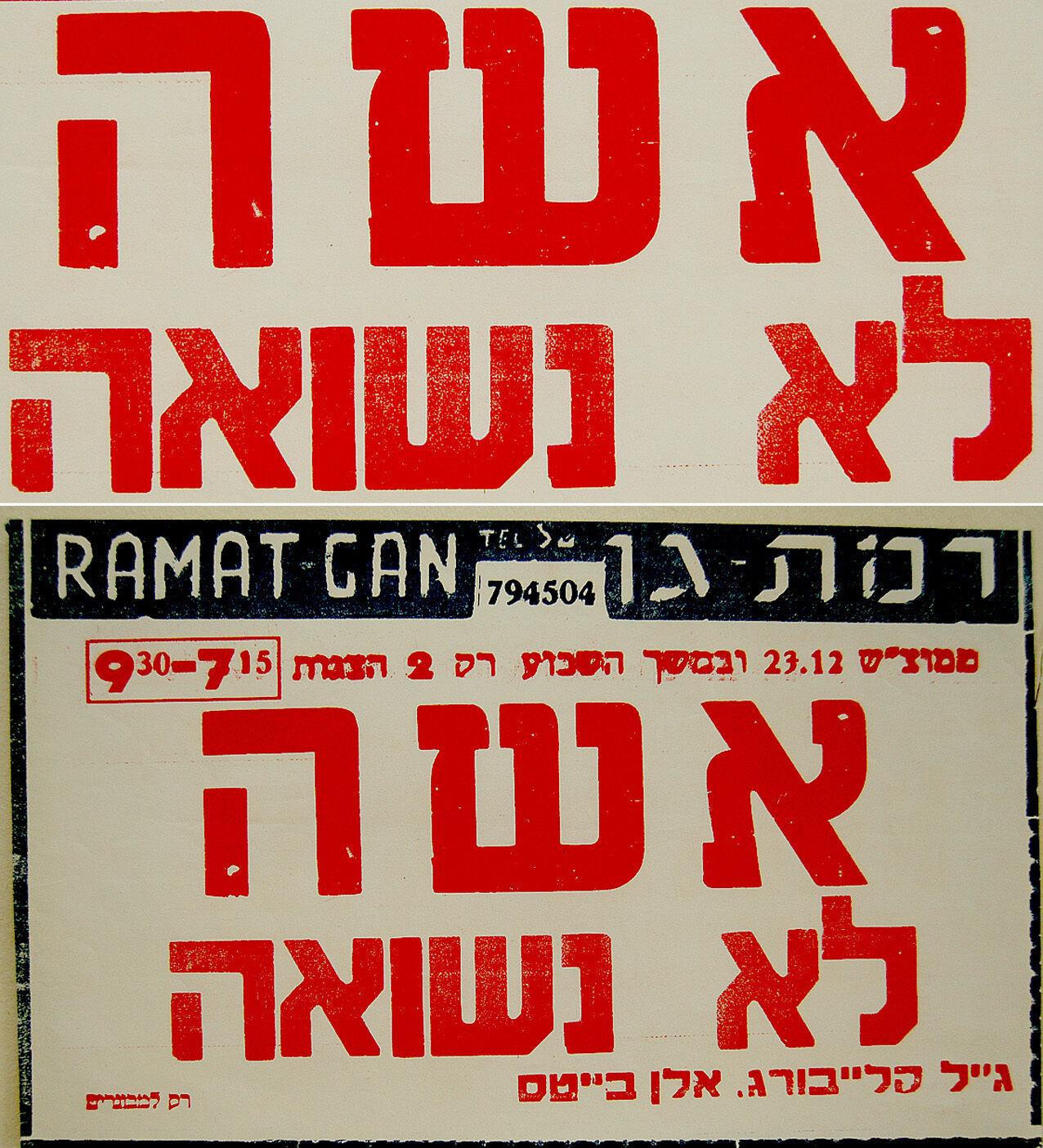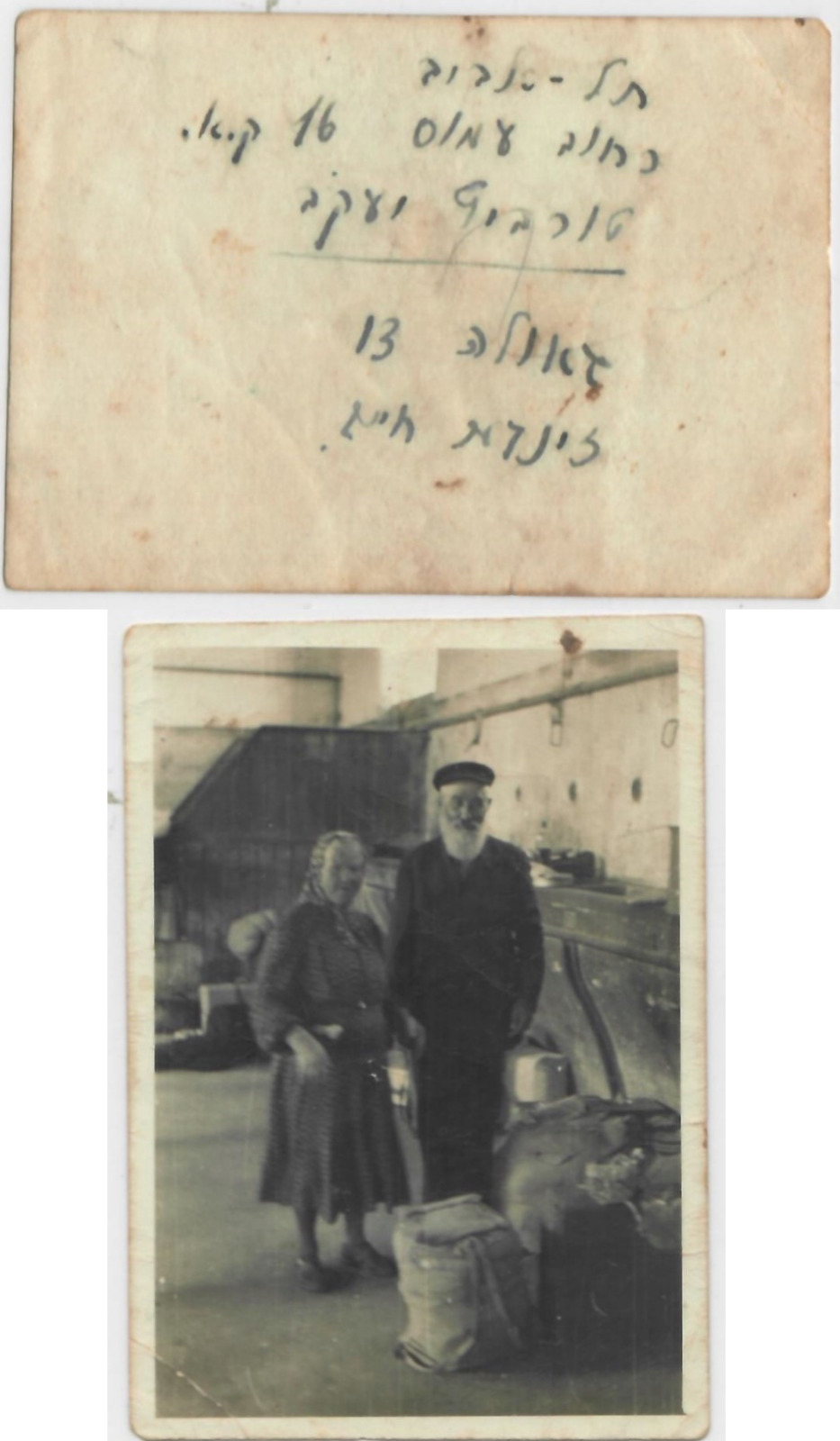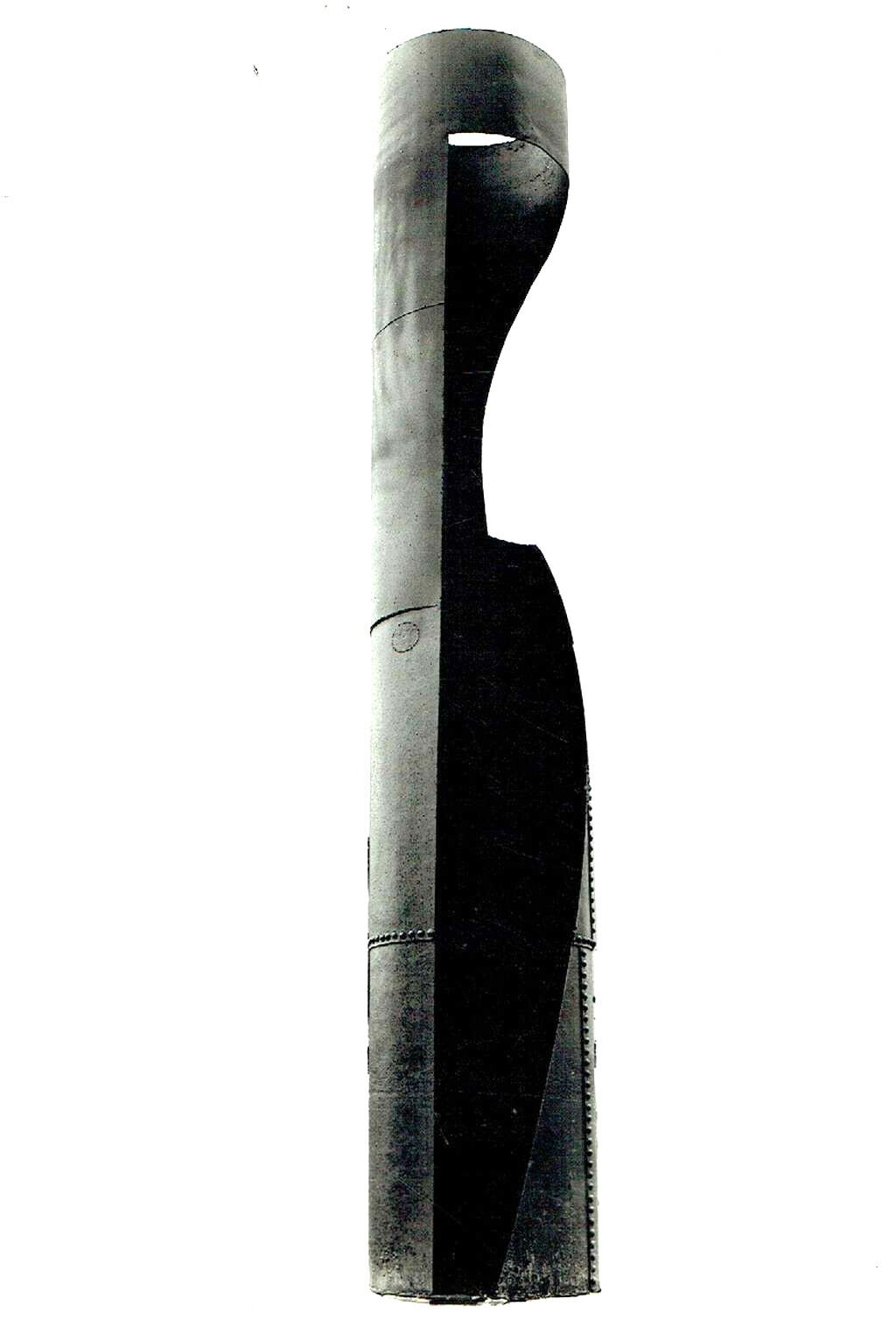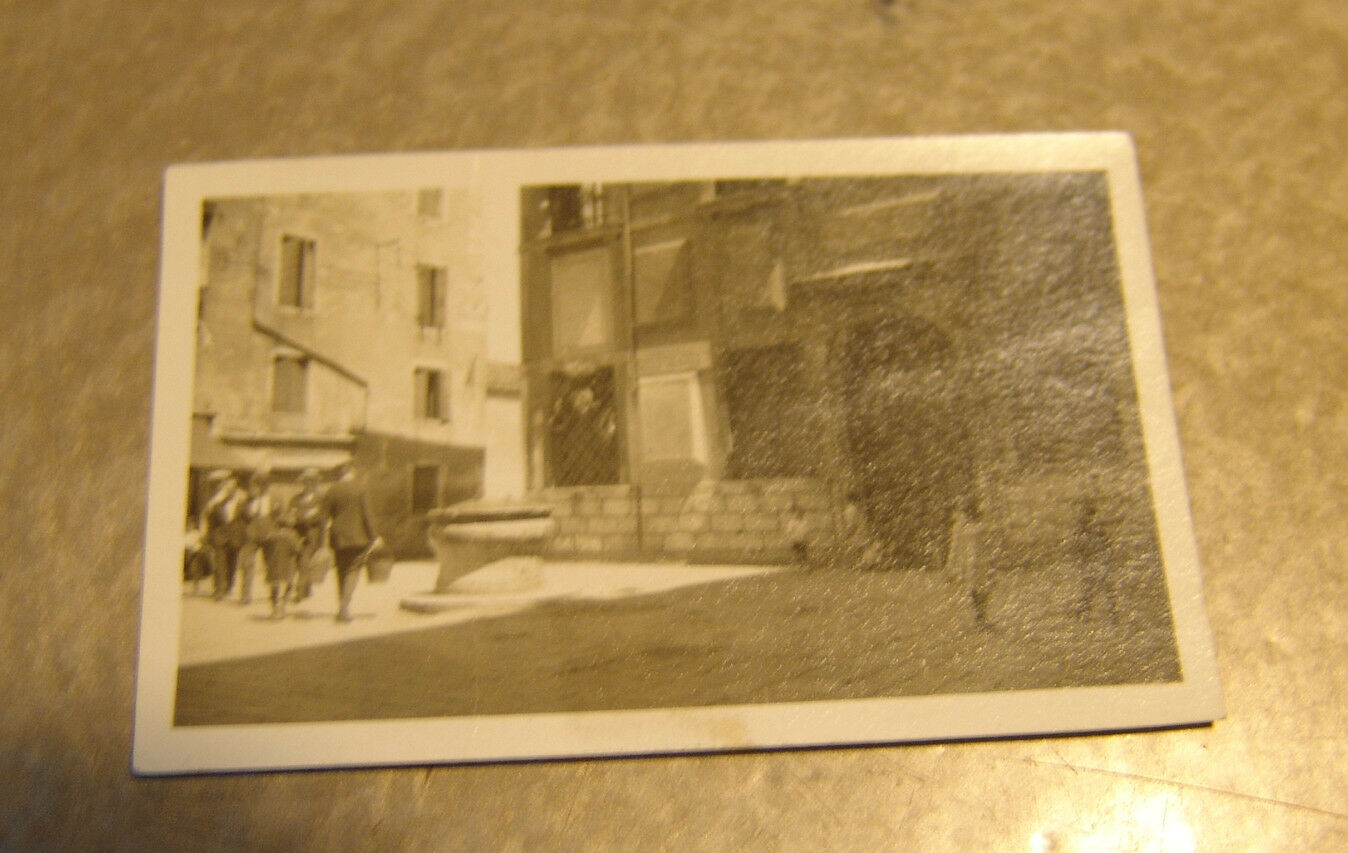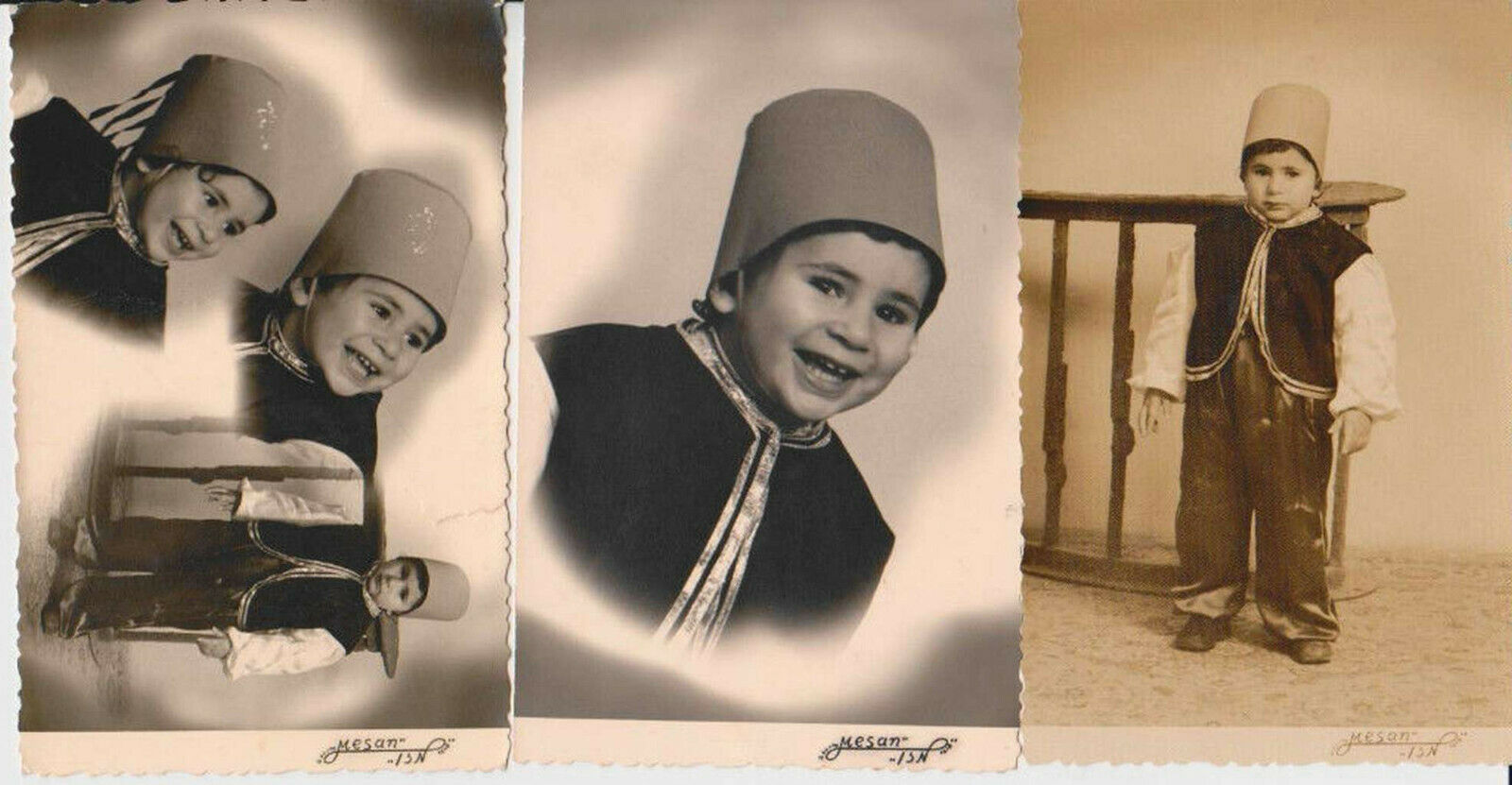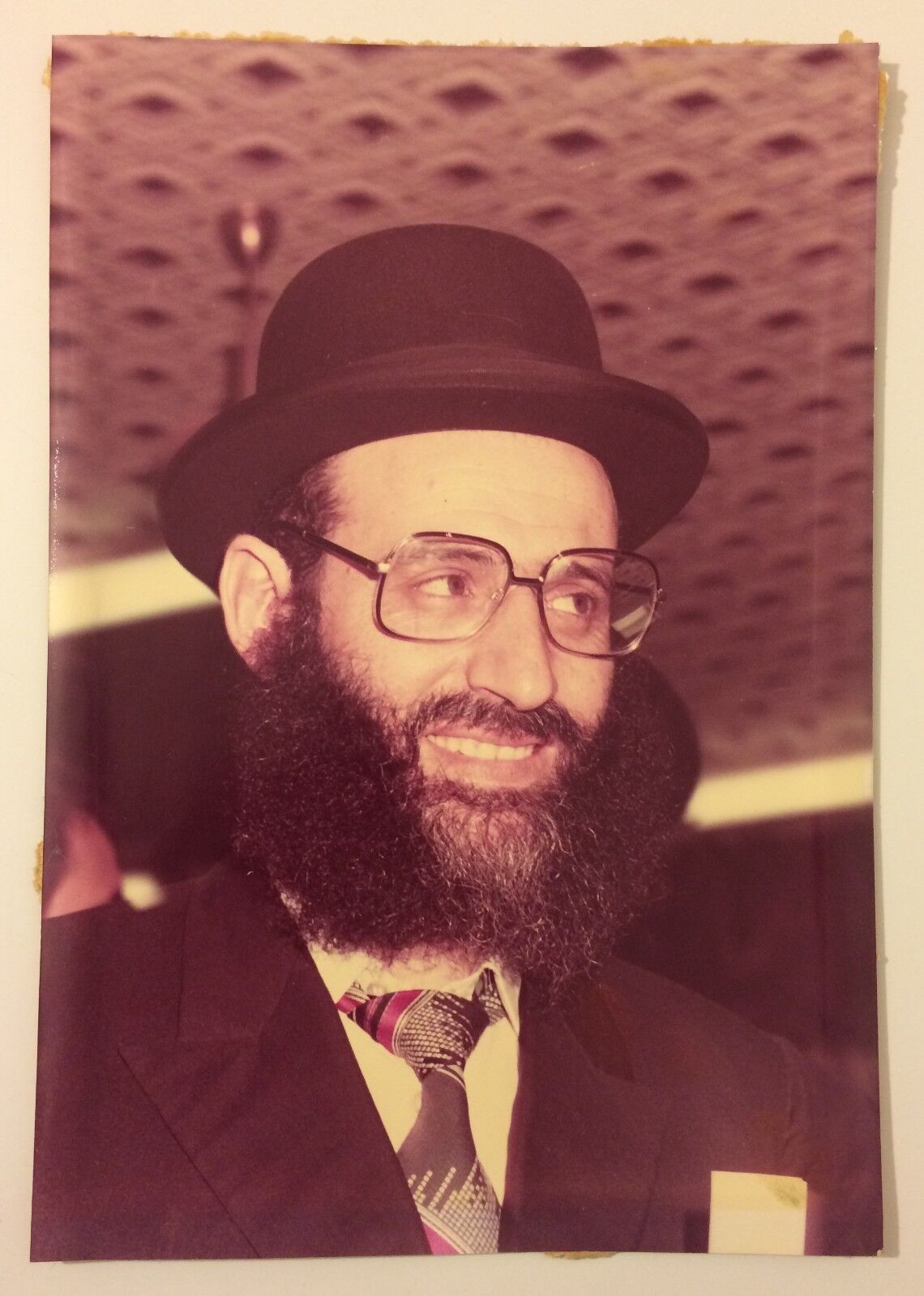-40%
1978 Israel MOVIE POSTER Film UNMARRIED WOMAN Hebrew JILL CLAYBURGH BATES Jewish
$ 34.32
- Description
- Size Guide
Description
DESCRIPTION:
Here for sale is an EXCEPTIONALY RARE and ORIGINAL an almost 40 years old Hebrew-Israeli SMALL POSTER for the 1978
ISRAEL
premiere
of the legendary classic COMEDY DRAMA academy awards winner and nominee PAUL MAZURSKY film - movie "
AN UNMARRIED WOMAN
" .
Starring among others JILL CLAYBURGH who was nominated for the Academy award for best actress , ALAN BATES and MICHAEL MURPHY
. The
Hebrew
poster was created ESPECIALLY for the Israeli 1978
premiere
of the film . Please note : This is Made in Israel authentic THEATRE POSTER , Which was published by the Israeli distributors of "CINEMA RAMAT GAN
" in RAMAT GAN ISRAEL
for the Israeli
premiere
projection of the film
in 1978
.
you can be certain that this surviving copy is ONE OF ITS KIND. Size around 7" x 12" . The poster is in very good used condition.
( Pls look at scan for accurate AS IS images ). Poster will be sent in a special protective rigid sealed
package
.
PAYMENTS
:
Payment method accepted :
Paypal
& All credit cards
.
SHIPPING
:
Shipp worldwide via registered airmail is . Poster will be sent in a special protective rigid sealed package.
Handling around 5 days after payment.
An Unmarried Woman is a 1978 American comedy-drama film written and directed by Paul Mazursky, and starring Jill Clayburgh. The film was nominated for the Academy Award for Best Picture and Clayburgh was nominated for an Academy Award for Best Actress. Contents [hide] 1 Plot 2 Cast 3 Awards and honors 4 Reception 5 References 6 External links Plot[edit] This article needs an improved plot summary. (November 2017) The perfect life of wealthy New York City wife Erica Benton (Jill Clayburgh) is shattered when her stockbroker husband Martin (Michael Murphy) leaves her for a younger woman. The film documents Erica's attempts at being single again, where she suffers confusion, sadness, and rage. As her life progresses, she begins to bond with several friends and finds herself inspired and even happier by her renewed liberation. The story also touches on the overall sexual liberation of the 1970s. Erica eventually finds love with a rugged, yet sensitive British artist (Alan Bates). Cast[edit] Jill Clayburgh as Erica Benton Alan Bates as Saul Michael Murphy as Martin Cliff Gorman as Charlie Patricia Quinn as Sue (as Pat Quinn) Kelly Bishop as Elaine Lisa Lucas as Patti Linda Miller as Jeannette Andrew Duncan as Bob Daniel Seltzer as Dr. Jacobs Matthew Arkin as Phil Penelope Russianoff as Tanya Novella Nelson as Jean Raymond J. Barry as Edward Ivan Karp as Herb Rowan The abstract expressionist paintings in the film were created by artist Paul Jenkins, who taught Alan Bates his painting technique for his acting role.[3] Awards and honors[edit] It was nominated for three Academy Awards including Best Picture, Best Actress (Jill Clayburgh) and Best Writing, Screenplay Written Directly for the Screen. Mazursky's screenplay won awards from the New York Film Critics Circle and the Los Angeles Film Critics Association. Jill Clayburgh won the award for Best Actress at the 1978 Cannes Film Festival.[4] The film was also nominated for several 1978 New York Film Critics Circle Awards, including Best Film, Best Direction, Best Actress (for Jill Clayburgh) and Best Supporting Actress (for Lisa Lucas).[5] The film is recognized by American Film Institute in these lists: 2006: AFI's 100 Years...100 Cheers – Nominated[6] Reception[edit] Vincent Canby In the New York Times wrote, "Miss Clayburgh is nothing less than extraordinary in what is the performance of the year to date. In her we see intelligence battling feeling – reason backed against the wall by pushy needs."[7] Pauline Kael in The New Yorker wrote: An Unmarried Woman may give Mazursky the popular success that his films Blume in Love, Harry and Tonto and Next Stop, Greenwich Village should have given him – Erica (Jill Clayburgh), the heroine, sleeps in a T-shirt and bikini panties. There are so few movies that deal with recognizable people that this detail alone is enough to pick up one's spirits... Jill Clayburgh has a cracked, warbly voice – a modern polluted-city huskiness... When Erica's life falls apart and her reactions go out of control, Clayburgh's floating, not-quite-sure, not-quite-here quality is just right.[8] Though An Unmarried Woman is viewed as a "feminist movie" due to the female lead, not everyone was happy with the way in which a divorced, single mother was portrayed. Todd Gitlin and Carol S. Wolman co-authored a review of An Unmarried Woman, that was published in Film Quarterly in the Autumn 1978 issue, that unapologetically criticized Paul Mazursky's screenplay. Referring to the film, they describe it as a "Romantic cartoon that keeps up with 'life-style' trends". Derogatory words such as "buffoon", "klutz" and "uppity woman" are common throughout the review. The authors critique themes within the movie and offer suggestions of how Mazursky could have done better to further the Women's Liberation Movement ideals.[citation needed] In "A Subject for the Seventies", Charlotte Brunsdon and Jane Clark cite films such as Alice Doesn't Live Here Anymore (1974), Looking for Mr. Goodbar (1977), and Julia (1978), to signal the turning point that women can play the lead role in a film and succeed. Though some of these films were released before An Unmarried Woman, none received the same level of criticism, nor equal the level of praise received. The authors' theory as it relates to the success of this film stems from the fact that Erica is "normal", whereas in the other films that are mentioned, each main character has a flaw, whether it be they are "unwanted", or "desirable but a mess". The two main criticisms pointed out by Brunsdon and Clarke are that An Unmarried Woman is not relatable to all women because of the affluent life that Erica lives, and that even though the film shows Erica's journey to independence, she ultimately does not want to be alone and seeks out a relationship with ebay3602
